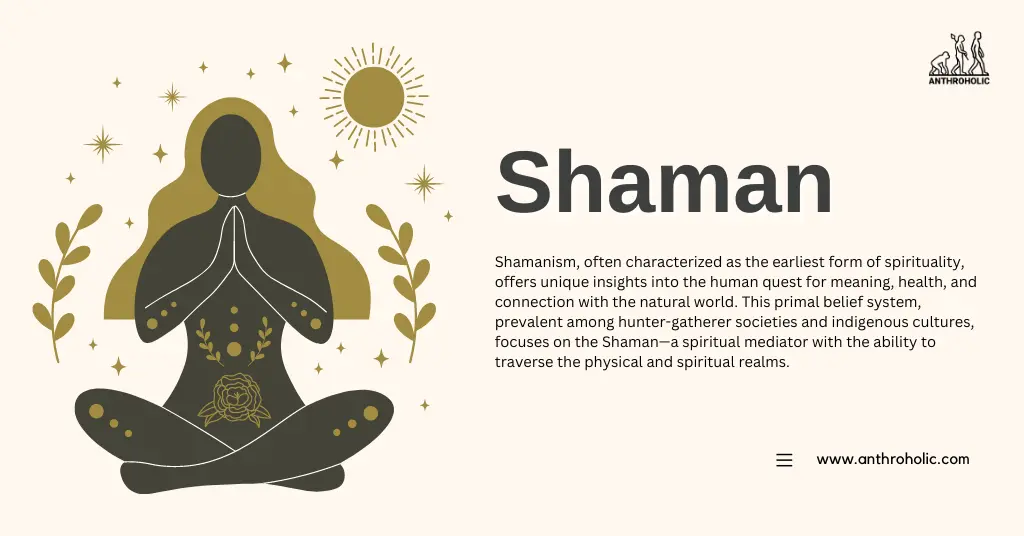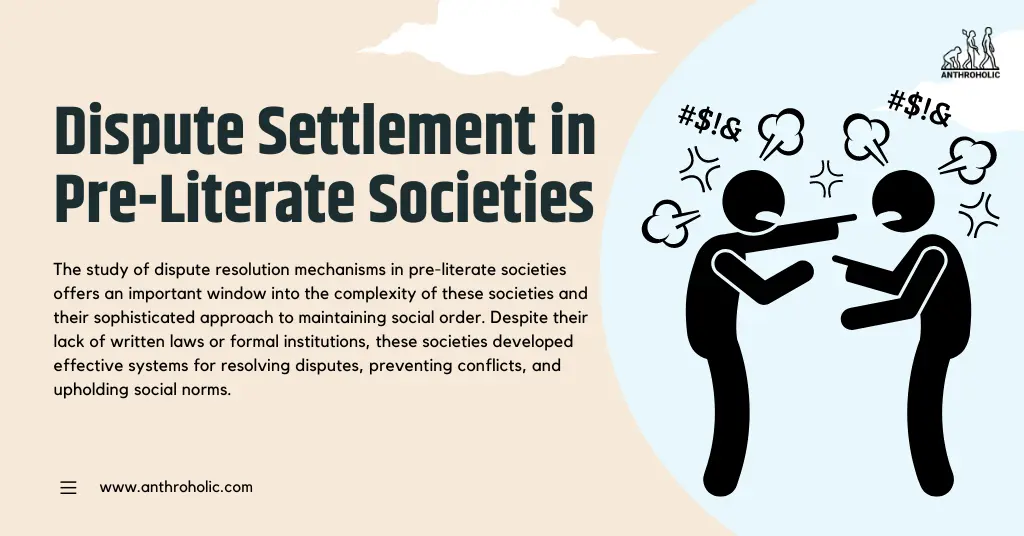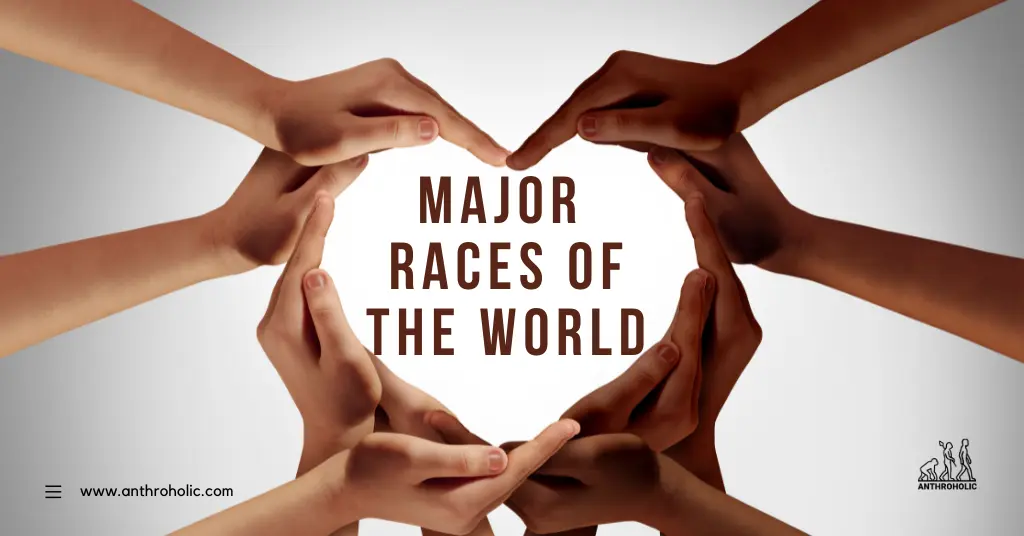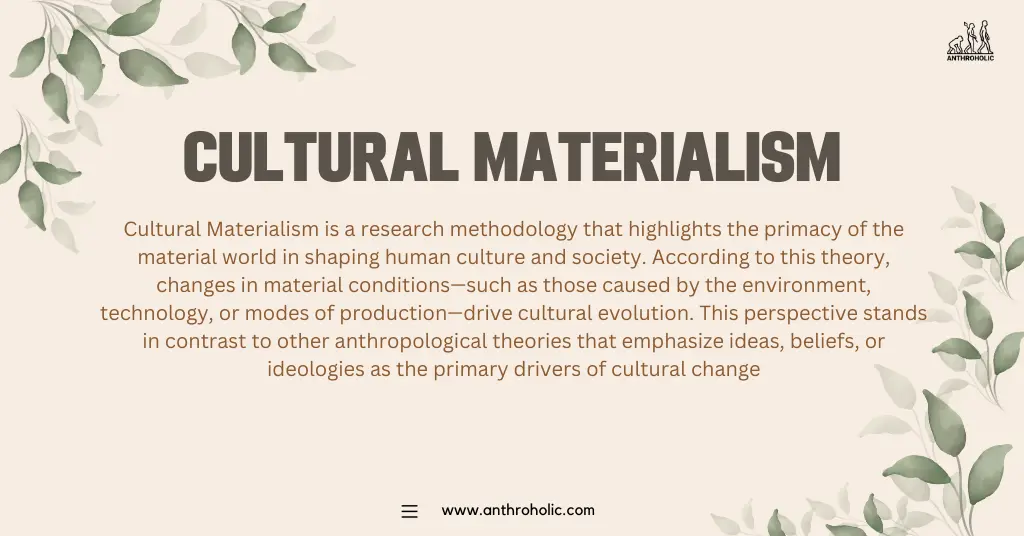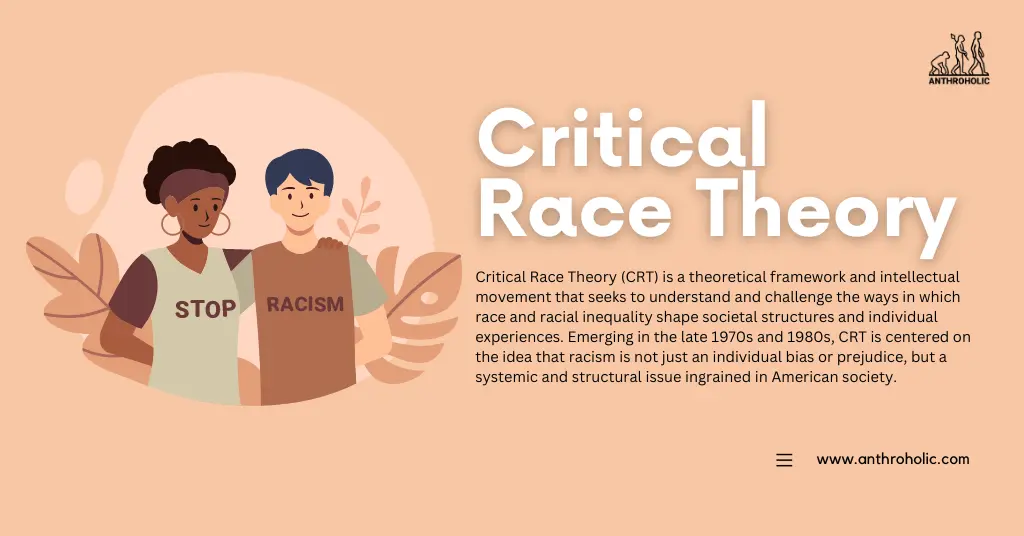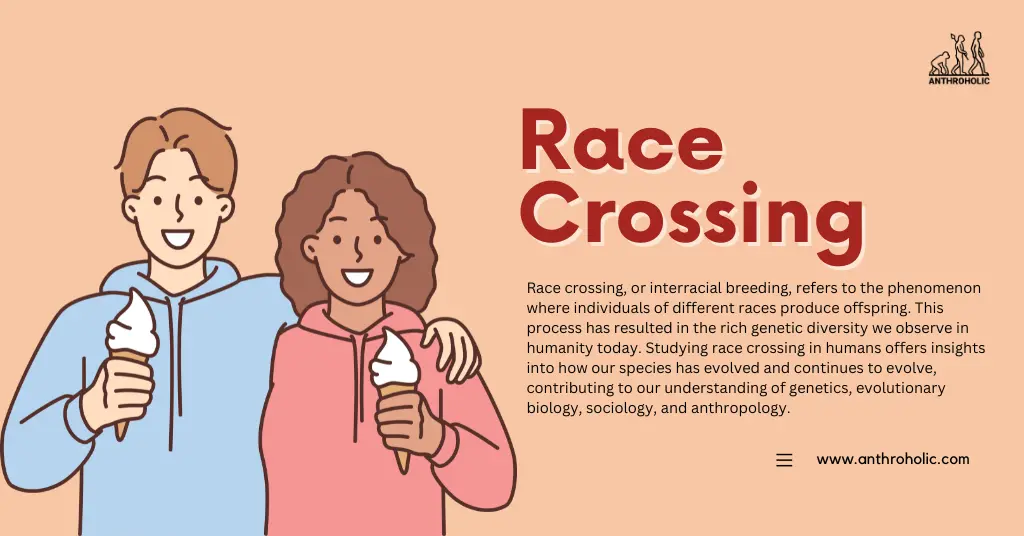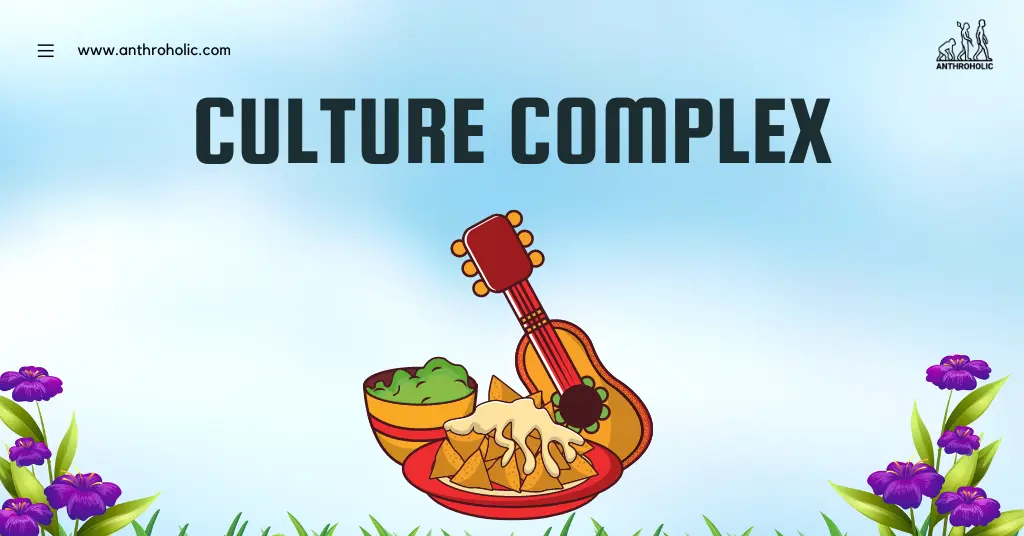AI Answer Evaluation Platform Live Now. Try Free Answer Evaluation Now
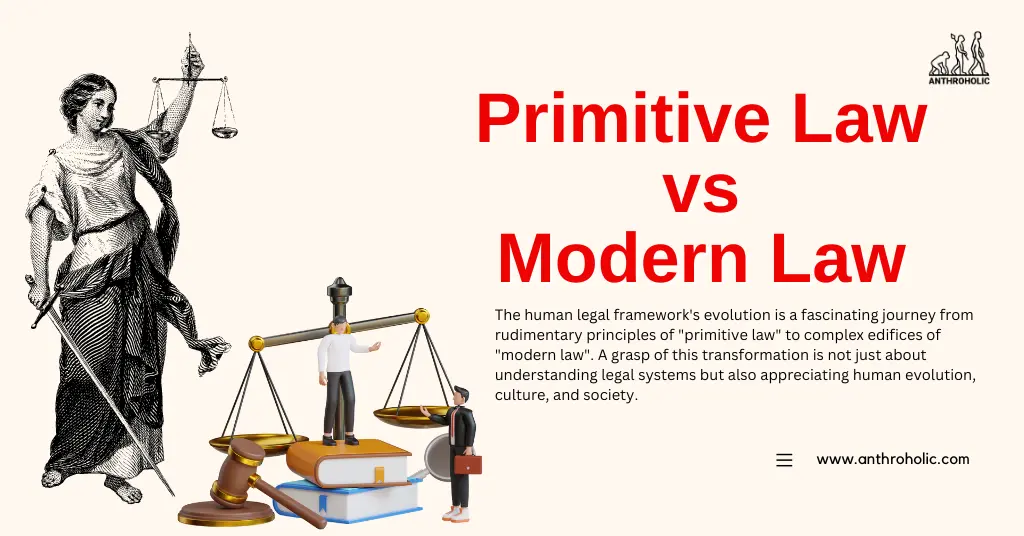
Primitive Law and Modern Law
The human legal framework's evolution is a fascinating journey from rudimentary principles of "primitive law" to complex edifices of "modern law". A grasp of this transformation is not just about understanding legal systems but also appreciating human evolution, culture, and society.
